Photosynthesis 2030+ recordings and past webinar information
The aim of the webinar programme is to communicate the state of the art in photosynthesis research, facilitate communication and promote collaboration within the photosynthesis community towards the common goal of improving photosynthesis in crop plants.
Tuesday 5th March 2024 recording
Dr Gemma Molero
Prof David Kramer
Tuesday 6th February 2024 recording
Dr Lamis Abdelhakim
Dr Lucia Arce Cubas
Tuesday 5th December 2023 recording
Prof Zoran Nikoloski
Prof Paolo Pesaresi
Tuesday 7th November 2023 recording
Dr Joana Amaral
Dr Pallavi Singh
Tuesday 2nd May 2023 recording
Prof. Thomas Nägele
Prof. Erik Murchie
Tuesday 4th April 2023 recording
Tom Theeuwen
Marc Heuermann
Tuesday 7th March 2023 recording
Sebastià Capó-Bauçà
Rene Klein Lankorst
Tuesday 7th February 2023 recording
Professor Bob Furbank
Dr Maria Ermakova
Tuesday 1st November 2022 recording
Prof Dr Wenbin Zhou
Prof Stefan Schillberg
Tuesday 4th October 2022 recording available
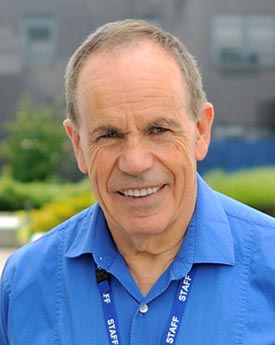
Professor Steve Long
Depts of Plant Biology & Crop Sciences, Uni of Illinois at Urbana-Champaign
Title: Enhancing and Adapting Photosynthesis for Food Security.
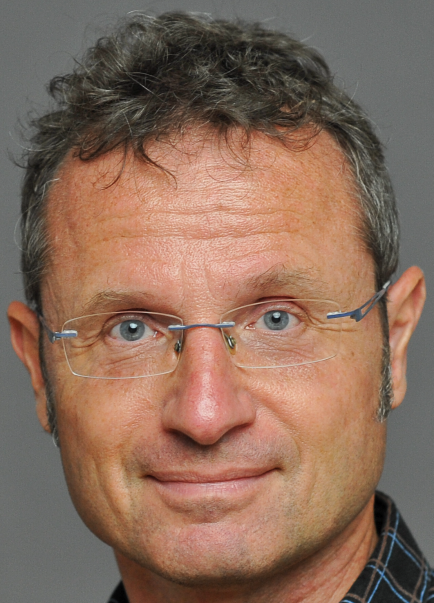
Prof Dario Leister
Chair of Plant Molecular Biology, LMU Munich
Title: Enhancing photosynthesis: how can we redesign the light reactions?
Tuesday 7th June 2022 Dr Samuel Taylor recording available
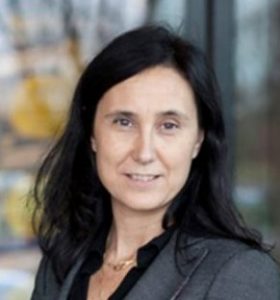
Professor Roberta Croce
Biophysics group, Vrije Universiteit, Amsterdam
Title: Non-photochemical quenching in plants: where is the quencher located?
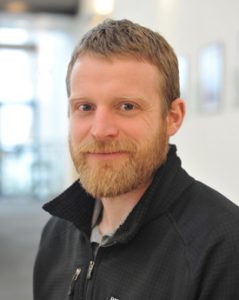
Dr Samuel Taylor
Senior Research Associate Lancaster University
Title: Diurnal Rubisco activity and photosynthetic induction
Tuesday 5th April 2022 Full recording available
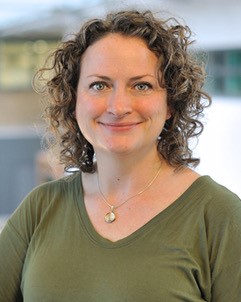
Dr Majorie Lundgren
Lancaster Environment Centre, Lancaster University
Title: Engineering C2 photosynthesis for crop improvement
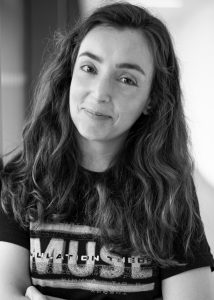
Dr Virginie Mengin
University of Essex
Title: Tuning the Calvin Benson Bassham cycle in selected crops
Tuesday 1st March 2022 Dr Stephanie Arrivault recording available
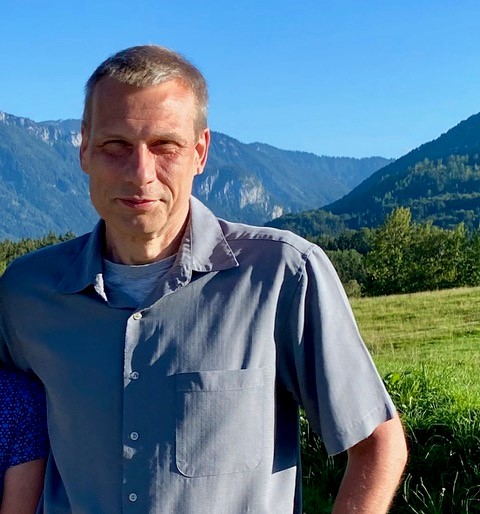
Prof Andreas Weber
Heinrich Heine University, Dusseldorf Germany.
Title: Photorespiration: driver of evolutionary innovations and target for increasing photosynthetic efficiency
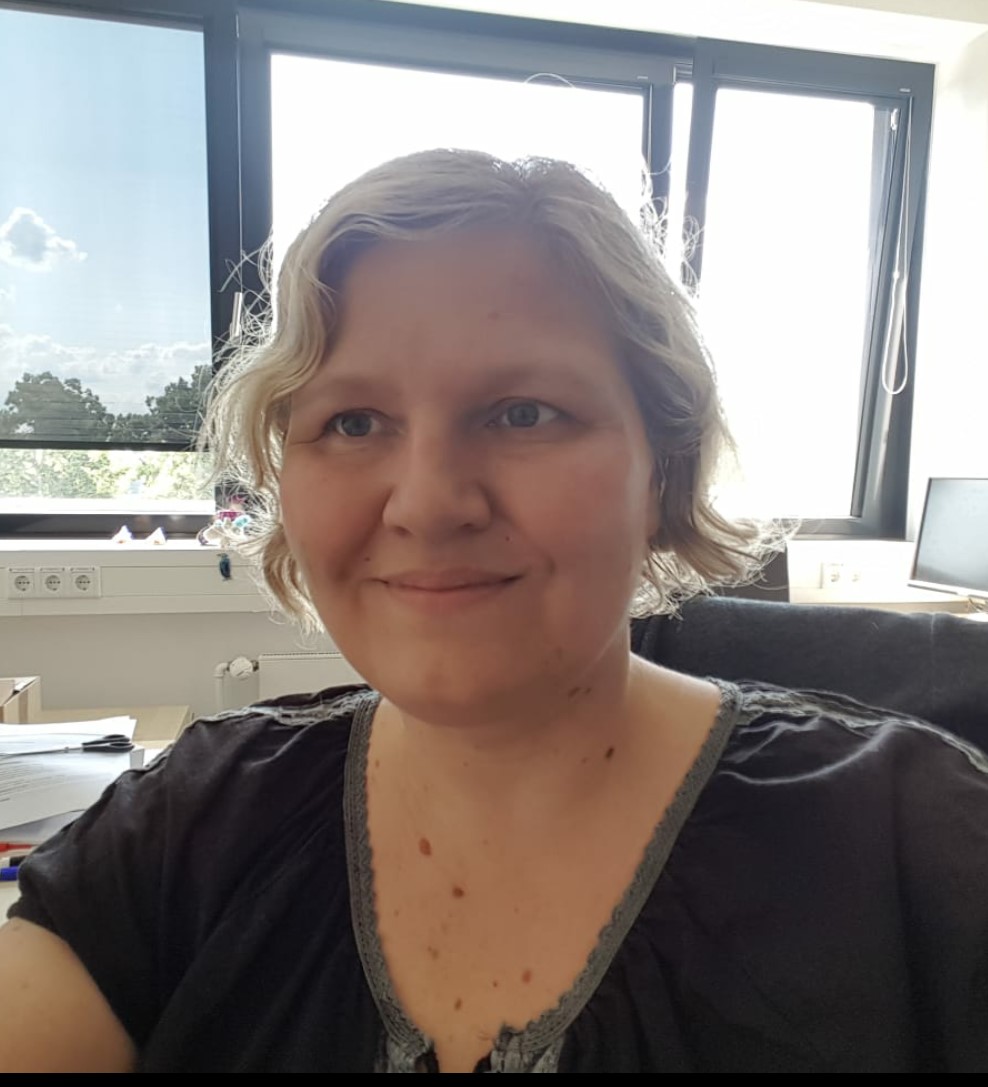
Dr Stéphanie Arrivault
Max Planck Institute for Molecular Plant Physiology, Potsdam.
Title: Targeted metabolite profiling as a top-notch approach to uncover inter-species diversity in the Calvin-Benson cycle
Tuesday 2nd November 2021 Prof Carmo Silva recording available
Our second webinar features Professor Elizabete Carmo Silva (Lancaster University) and Professor John Cushman (University of Nevada)
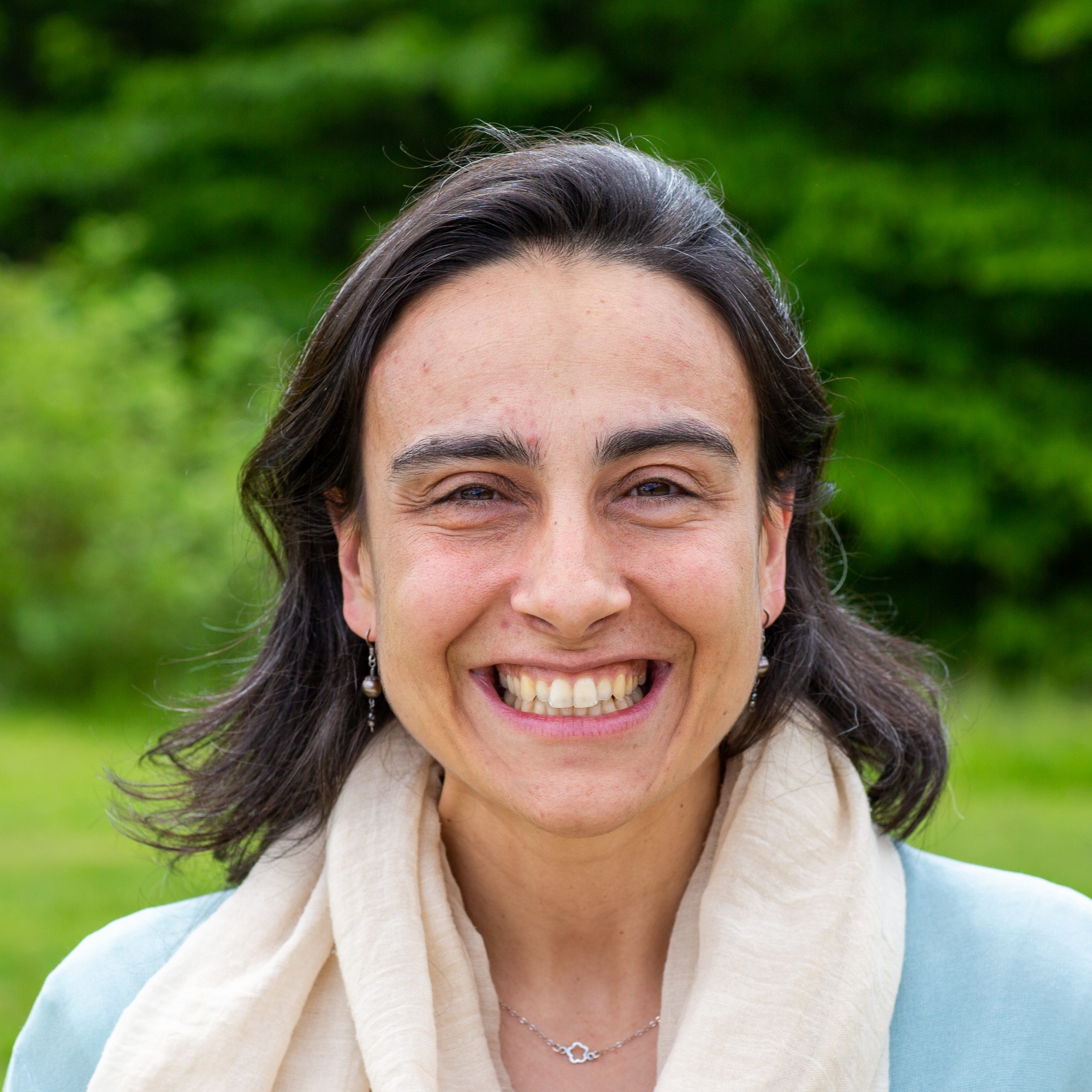
Prof Elizabete Carmo Silva
Title: Rubisco activase isoform diversity and crop adaptation to dynamic environment.
Abstract: Rubisco plays a central role in photosynthesis. It is an essential, yet imperfect enzyme, and frequently limits carbon assimilation in crops. Regulation of Rubisco activity in plants depends on interaction with multiple cellular components and is continuously adjusted in response to environmental fluctuations. Rubisco is prone to inhibition by the tight-binding of sugar-phosphate derivatives to catalytic sites. ATP-dependent removal of such inhibitors by Rubisco activase (Rca) is regulated in response to changes in light and temperature.
Bio: Elizabete Carmo-Silva is a Professor in Crop Physiology, at The Lancaster Environment Centre, Lancaster University. Her research on photosynthesis aims to understand plant responses to the surrounding environment to increase crop yields, focussing on the regulation of Rubisco by its catalytic chaperone, Rubisco activase. In the CAPITALISE project Elizabete’s team will use their expertise to help identify key genetic regulatory elements that determine the abundance of specific isoforms of Rubisco activase and characterise gene-edited plants.
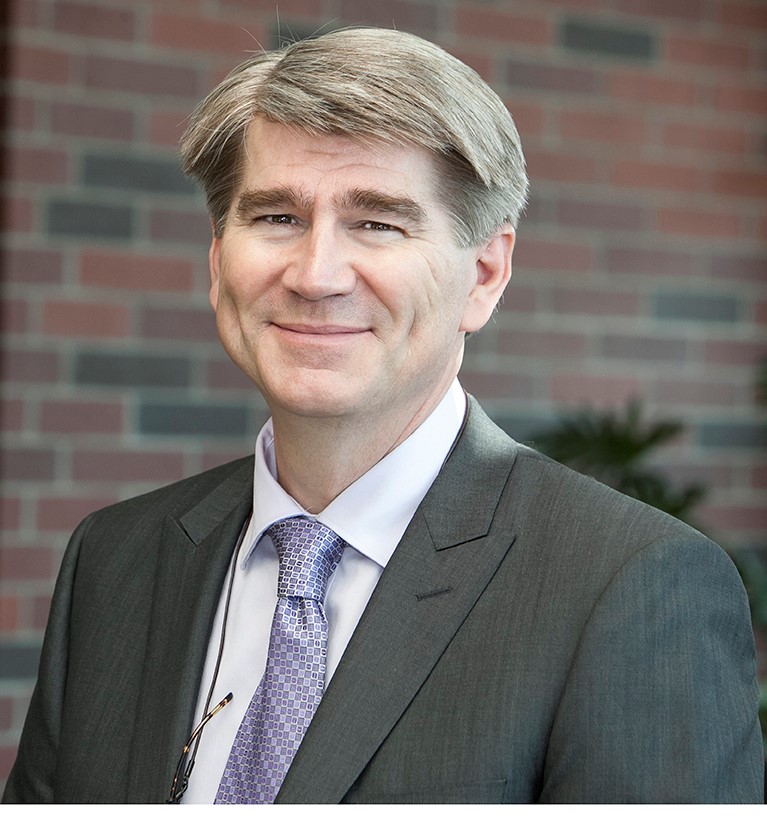
Prof John Cushman
Title: Improving plant drought tolerance for a hotter, drier world using engineered tissue succulence and crassulacean acid metabolism (CAM).
Abstract: Crassulacean acid metabolism and tissue succulence are metabolic and anatomical adaptations that improve water-use efficiency and drought (and salinity) stress tolerance in plants. These traits are among the most widespread and successful adaptations in the plant kingdom for mitigating drought stress, and thus, represent highly useful traits for the design of climate-resilient crops. The current research aims to test optimized synthetic versions of crassulacean acid metabolism alone and in combination with engineered tissue succulence. The synthetic gene circuits developed by our ongoing research program will one day be extended to food, feed, fiber, and biofuel crops to improve their productivity, reduce photorespiration, improve water-use efficiency, and drought/salinity stress tolerance under the hotter and drier environments of the future.
Bio: Professor John Cushman, from the University of Nevada, is a world leader on Crassulacean Acid Metabolism (CAM). His team use synthetic biology approaches to engineer CAM into C3 plants to develop improved crops for food and bioenergy that are adapted to the changing climate. The ambition of the research is to create crops that incorporate key benefits of CAM plants including reduced photorespiration, better water-use efficiency, and drought/salinity stress tolerance. His research is also advancing understanding about how the expression of CAM is controlled by environmental stress and the circadian clock. In addition he group are working on using the cactus pear (Opuntia ficus-indica) as highly water-use efficient, highly productive, and climate-resilient biomass feedstock for semi-arid regions of the U.S.
Tuesday 5th October 2021 – Full recording available
The CAPITALISE webinar series is launched by Dr Johannes Kromdijk (University of Cambridge) and Dr Steven Driever (Wageningen University)
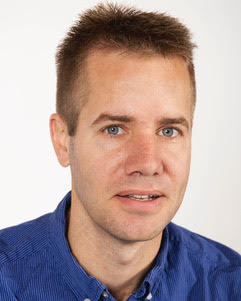
Dr Johannes Kromdijk
Title: NPQ, a dynamic sunscreen with crop engineering potential.
Abstract: I will talk about the role of NPQ in protecting against too much light and why we think altering NPQ has potential for crop improvement.
Bio: Johannes Kromdijk is in the Department of Plant Sciences at the University of Cambridge. His research focusses on the physiology of photosynthesis and its interactions with environmental drivers such as light, water, temperature and CO2 with the ultimate aim to improve crop productivity and water use efficiency. In the CAPITALISE project Johannes will lead work on the kinetics of photosynthetic responses and tuning the Calvin cycle. The Kromdijk lab combines techniques from ecophysiology, biotechnology, genetic engineering and mathematical modelling to understand how photosynthesis is affected by environmental factors, identify bottlenecks and design strategies to overcome these and improve photosynthetic efficiency under ‘real-world’ conditions.
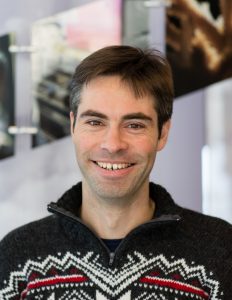
Dr Steven Driever
Title: Beyond the sum of the parts. Photosynthesis in a crop context
Abstract: Recent improvements of photosynthesis have opened a tremendous opportunity to improve crops. Translating photosynthesis from the leaf to a whole crop, starts with detailed knowledge of the leaf level. How this influences photosynthesis at a whole crop level, requires capture of a large heterogeneity in light, nitrogen (distribution), microclimate and belowground parts. With a combined approach of experimentation and modelling, we investigate how to estimate and exploit improvement and natural variation of photosynthesis traits for improving crop yield.
Bio: Dr Steven Driever is an assistant professor of crop physiology at Wageningen University, his expertise is in crop physiology, photosynthesis, stress tolerance and crop growth models. His interests include improvement of photosynthesis and its response to stresses. Steven was previously a postdoctoral researcher for the RIPE project at the University of Illinois where he assessed the effect of leaf structure and speed of carbon dioxide diffusion on photosynthesis